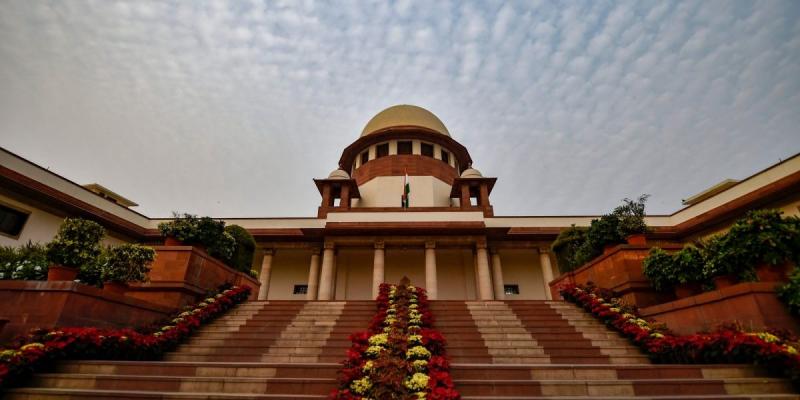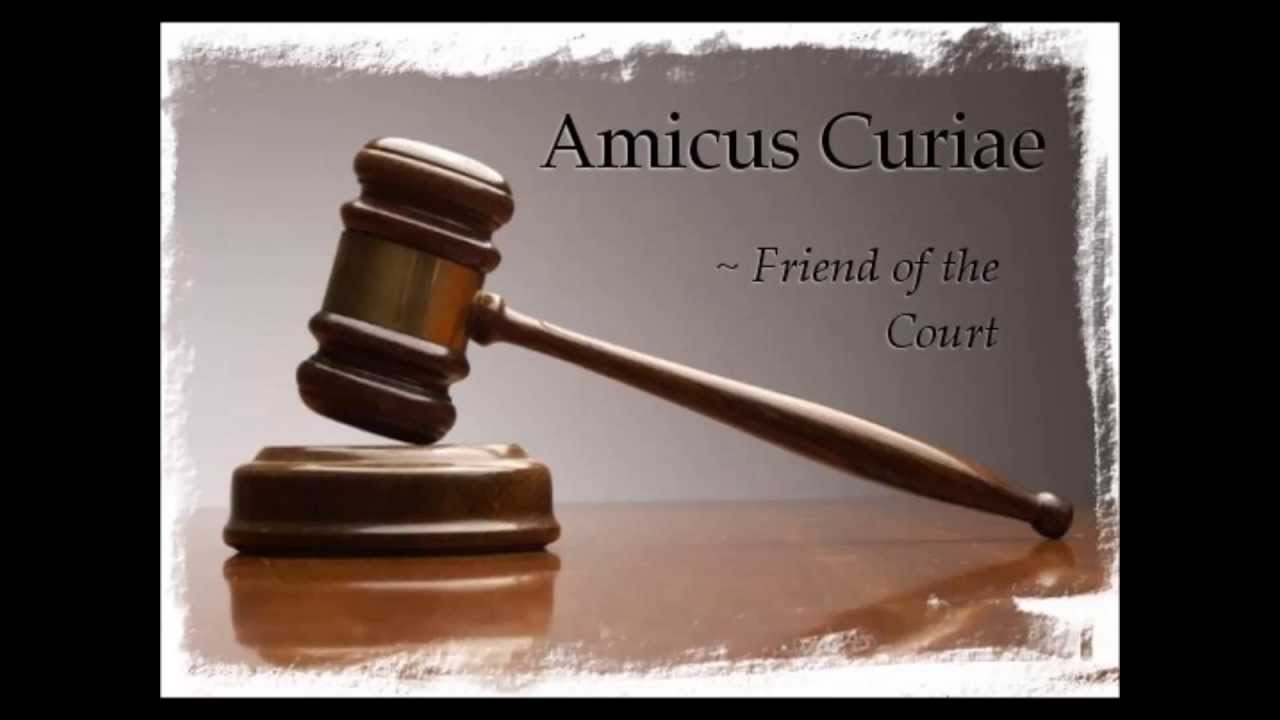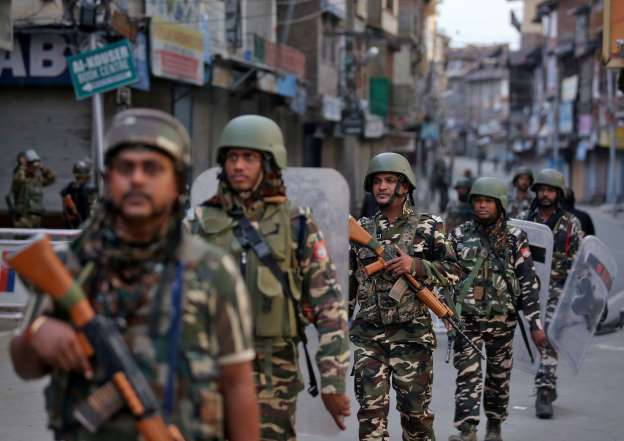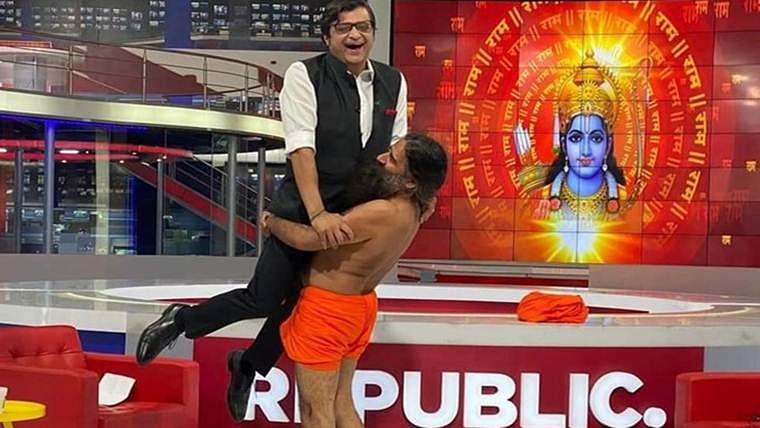The Supreme Court on Friday ordered the premature release of all six convicts in the Former Prime Minister of India Rajiv Gandhi assassination case convicts.
The Court ordered the release of convicts Nalini Srihar, Robert Pais, Ravichandran, Suthenthira Raja @ Santhan, Shriharan @ Murugan and Jaikumar.
“The appellants are directed to be set at liberty if not required in any other matter”, the bench ordered.
A bench comprising Justices BR Gavai and BV Nagarathna passed the order following the direction passed on May 17 which granted relief to Perarivalan, another convict in the case.
The bench noted that the order of Perarivalan is applicable to the present applicants.
The Court noted that the Tamil Nadu Government has recommended the release of all convicts, which has not been acted upon by the Governor.
Law experts said this order further consolidate the position of state electoral rights and put in proper place of governor acts who is representative of Union government
The bench also noted that the convicts have spent over three decades in prison and that their conduct in the prison was satisfactory.
In the Perarivalan case, the Supreme Court held that the Governor in the matter of remission was bound by State cabinet decision.
Observing that the inordinate delay by the Governor in taking a decision warranted Perarivalan’s release, the Supreme Court invoked its special powers under Article 142 to order his release.
Article 142
Article 142 of the Indian Constitution empowers the Supreme Court’s verdicts and rulings to be enforced. It stipulates that in the performance of its jurisdiction, the top court may issue any verdict or order necessary to provide “complete justice” in just about any case before it.
Regarding the applicants, the Court’s order observed as under :
“In the case of Robert Pais, it is seen that his conduct is satisfactory and that he is suffering from various illness, he has obtained various degrees.
In the case of Jaikumar also, his conduct is found satisfactory. He also has taken various studies
In the case of Suthenthira Raja, he is also suffering from various ailments. He has written various articles which have not only been published but have also received awards.
In so far as Ravichandran is concerned, his conduct has also been found to be satisfactory and has undertaken various studies. He has also done charitable purposes.
As far as Nalini is concerned, she is a woman and has been incarcerated for a period of more than 3 decades and her conduct also is found satisfactory. She has also undertaken various studies
In so far as Sriharan is concerned, his conduct is also found satisfactory and he has also undertaken various studies”.
Senior Advocates Sanjay Hegde and Gopal Shankaranarayanan appeared for the appellants.
Senior Advocate Rakesh Dwivedi appeared for the Tamilnadu State Government.
Time of Rajiv Gandhi murder case :
After Former Prime Minister Rajiv Gandhi murder in 1991 that shook whole nation 25 persons, including the appellants, were sentenced to death by the TADA Court for the assassination of Rajiv Gandhi in 1998.
When the matter travelled to the Supreme Court, a Bench headed by Justice K.T. Thomas acquitted 19 convicts, but upheld the death sentences of four of them(Perivalan, Sriharan, Santhan and Nalini).
Three others were sentenced to undergo life imprisonment. Nalini’s death sentence was commuted to life imprisonment in 2000 by the Tamil Nadu government. It was DMK government led by M.Karunaththi decision has created political storms
In 2014, the Supreme Court commuted the death sentence of Perarivalan, Sriharan and Santhan to life imprisonment.
In 2018, the AIADMK Cabinet headed by J.Jayalalithaa recommended the release of the seven convicts, but since then the Governor refused to authorise this remission.
After the Supreme Court ordered the release of Perarivalan, Nalin and Ravichandran moved the Madras High Court seeking premature release.
However, the Madras High Court dismissed their petition observing that it lacks the special powers enjoyed by the Supreme Court under Article 142.









